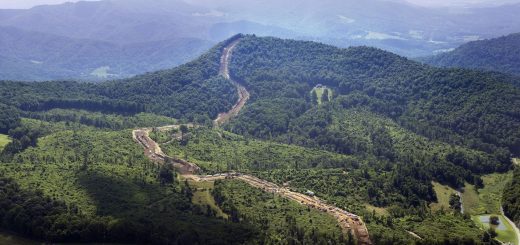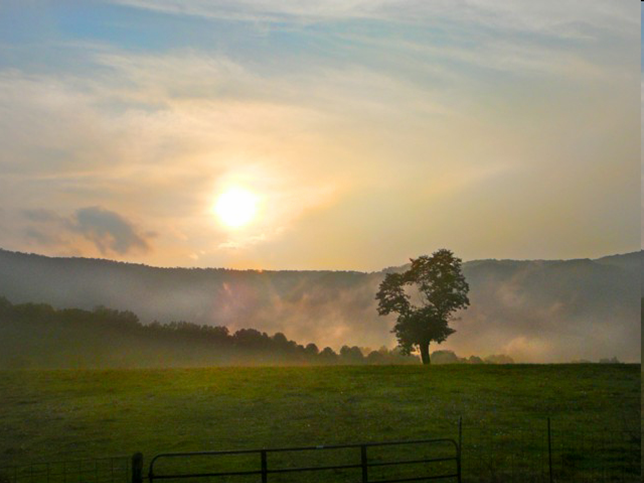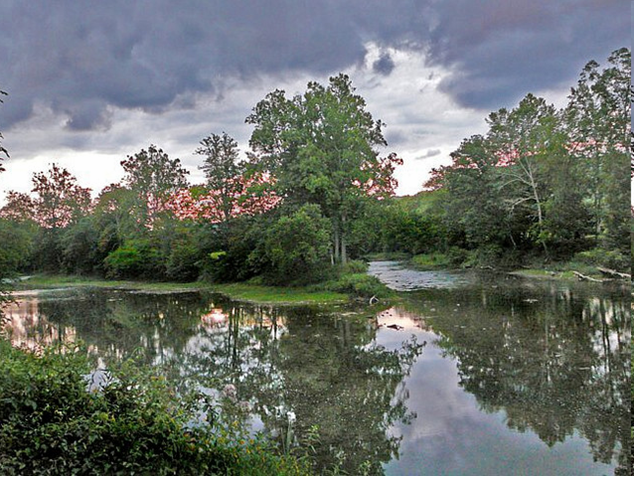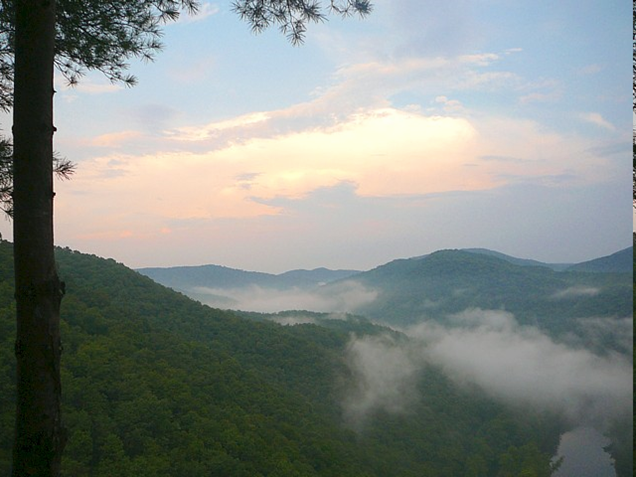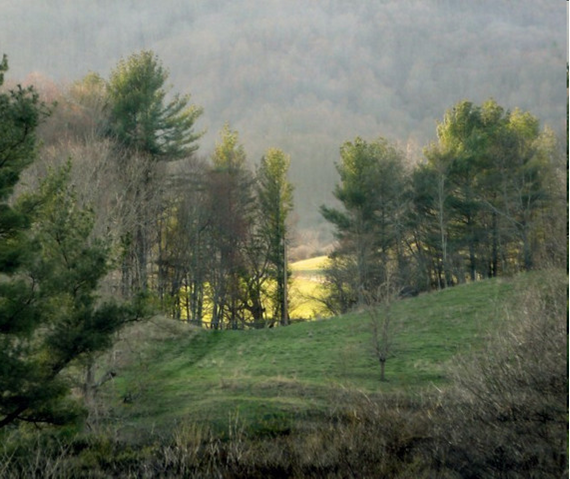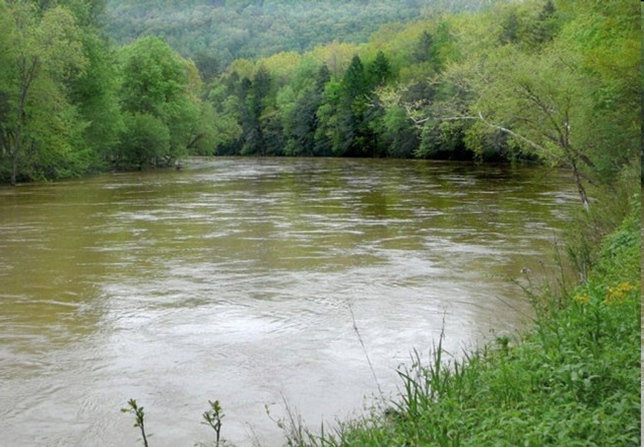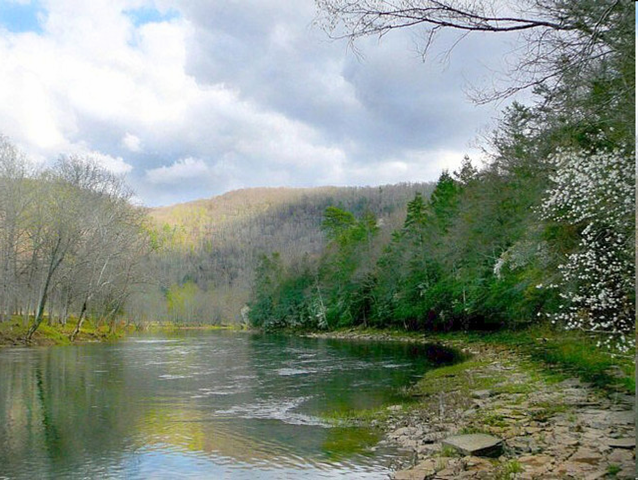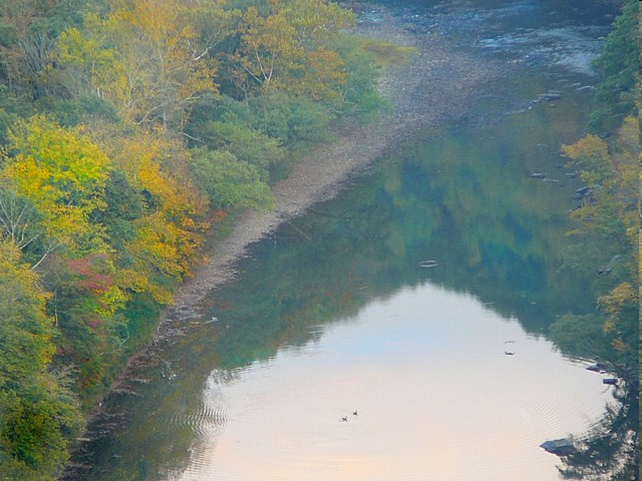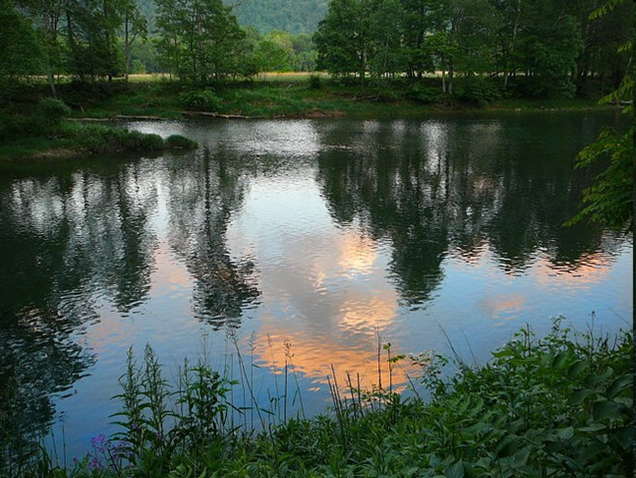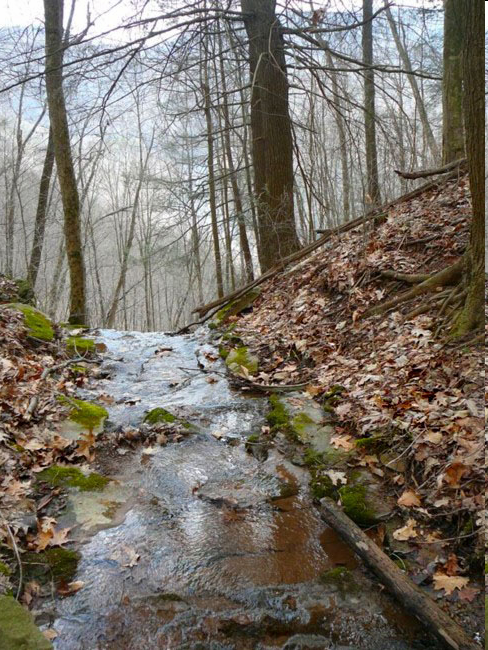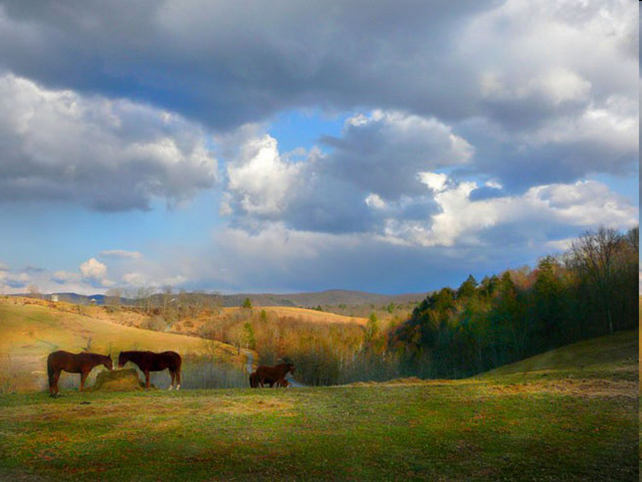Congress considers changing law for pipeline crossing of Appalachian Trail, Blue Ridge Parkway
Legislation is pending in Congress that would give the National Park Service clear authority to allow construction of the Atlantic Coast Pipeline beneath the Appalachian Trail and Blue Ridge Parkway, both potentially critical obstacles under litigation pending in the 4th U.S. Circuit Court of Appeals.
Dominion Energy, lead partner in the $7 billion project, confirmed the legislative proposal, which first surfaced in a blog post from an Alabama group that suggested aid for the 600-mile natural gas pipeline is “tucked into the omnibus spending bill” being negotiated by Sen. Richard Shelby, R-Ala., chairman of the Senate Appropriations Committee.
“Congress is considering a legislative amendment that would explicitly authorize the park service to grant a permit for such a crossing,” Dominion spokesman Aaron Ruby said in an emailed statement to the Richmond Times-Dispatch.
The park service has twice issued permits for the pipeline to cross the parkway, the second one after the 4th Circuit vacated the original permit in early August as an “arbitrary and capricious” exercise of the agency’s powers. The 4th Circuit has issued a stay of the permit the U.S. Forest Service issued for the pipeline to cross the Appalachian Trail on land within the George Washington National Forest, which is under appeal in the Richmond-based court.
“It’s disappointing but not surprising that Dominion would try to bend the law to its will,” said Austin “DJ” Gerken, an attorney for the Southern Environmental Law Center, which has appealed both federal permits for the Sierra Club and other environmental organizations opposed to the pipeline. “It’s already tried to bend the agencies to its will.”
Few details about the legislative proposal emerged Monday, but a spokeswoman for Sen. Tim Kaine, D-Va., doubted its chances.
“We are aware of the proposal, but Senator Kaine does not support it,” spokeswoman Miryam Lipper said. “We have no indication Senate Democrats would agree to this going in the omnibus.”
The legal battle carries high stakes for the pipeline, which must cross the parkway and national scenic trail on its path from gas-producing shale fields in West Virginia through the heart of Virginia to the Atlantic Coast and eastern North Carolina.
Ruby said the pipeline company is confident in its legal argument that current federal law grants authority to the park service and forest service to issue permits for the construction of the project beneath the parkway and trail in a tunnel through the Blue Ridge Mountains between Augusta and Nelson counties.
“Most Americans believe it’s appropriate to use public land for public use,” he said. “The Atlantic Coast Pipeline is a public infrastructure project for the public good. It will provide cleaner, more reliable and more affordable energy to millions of Americans. We’re building it for the good of the economy and our environment.”
Yellowhammer, the Alabama blog that credited Shelby for including the pipeline in the pending spending bill, said the project “is poised to deliver clean-burning natural gas from West Virginia to the eastern seaboard” and faulted the previous administration of President Barack Obama for blocking such projects.
Environmental groups have waged war in federal court against the Atlantic Coast Pipeline, as well as the Mountain Valley Pipeline under construction in Southwest Virginia.
On Aug. 6, the 4th Circuit vacated the permit issued by the park service to cross the Blue Ridge Parkway, a scenic byway that links Shenandoah National Park in Virginia with Great Smoky Mountains National Park in North Carolina.
The court, in an opinion written by Chief Justice Roger L. Gregory, did not make a decisive ruling on whether the park service has authority to issue the permit under the Blue Ridge Parkway Organic Act. However, Gregory said the agency had failed to show how the project is consistent with the purposes of the parkway and National Park System it administers.
“Unlike other federal lands, such as the national forests, the National Park System’s sole mission is conservation,” he wrote.
The ruling noted that the park service had conducted a visibility study that found the proposed crossing, using horizontal directional drilling for almost a mile through the mountain and more than 700 feet below the parkway, would be visible from the Three Ridges Overlook, “thus significantly decreasing the park’s scenic value.”
Ruby, at Dominion, said the project is “using the most protective crossing method to avoid any disturbance of the AT or the Parkway.”
Gregory’s opinion said the park service had failed to address whether the project would remain consistent with the park’s purposes if the horizontal drilling method failed. In that event, the project “must resort to its contingency plan of using the ‘direct pipe’ method, which is expected to intensify the disruptive effects of the pipeline and impact additional observation areas,” the court’s ruling states.
In the same ruling, the 4th Circuit vacated a permit the U.S. Fish & Wildlife Service issued for the “incidental take” of endangered or threatened species in the pipeline’s path, prompting the Federal Energy Regulatory Commission to order work to stop on the project temporarily.
The commission lifted the stop-work order on Sept. 17 after the two federal agencies issued revised permits to address the court’s concerns. Environmental groups have appealed the reissued permits to the 4th Circuit, with opening legal briefs due at the end of this week.
The 4th Circuit has yet to rule on the forest service’s authority to permit the pipeline to cross 430 acres in the Monongahela National Forest in West Virginia and George Washington National Forest in Virginia, including a section that crosses the Blue Ridge Parkway and Appalachian Trail just north of Reeds Gap.
The court issued a stay of the permit in late September to prevent Dominion and its partners from resuming clear-cutting of trees in the national forests. The 4th Circuit heard oral arguments in the appeal Sept. 28 in Richmond.
“The fact that Dominion is trying to work around [the law] before it even knows what the court has ruled is really shocking and bold,” said Gerken, based at the Southern Environmental Law Center’s office in Asheville, N.C.



